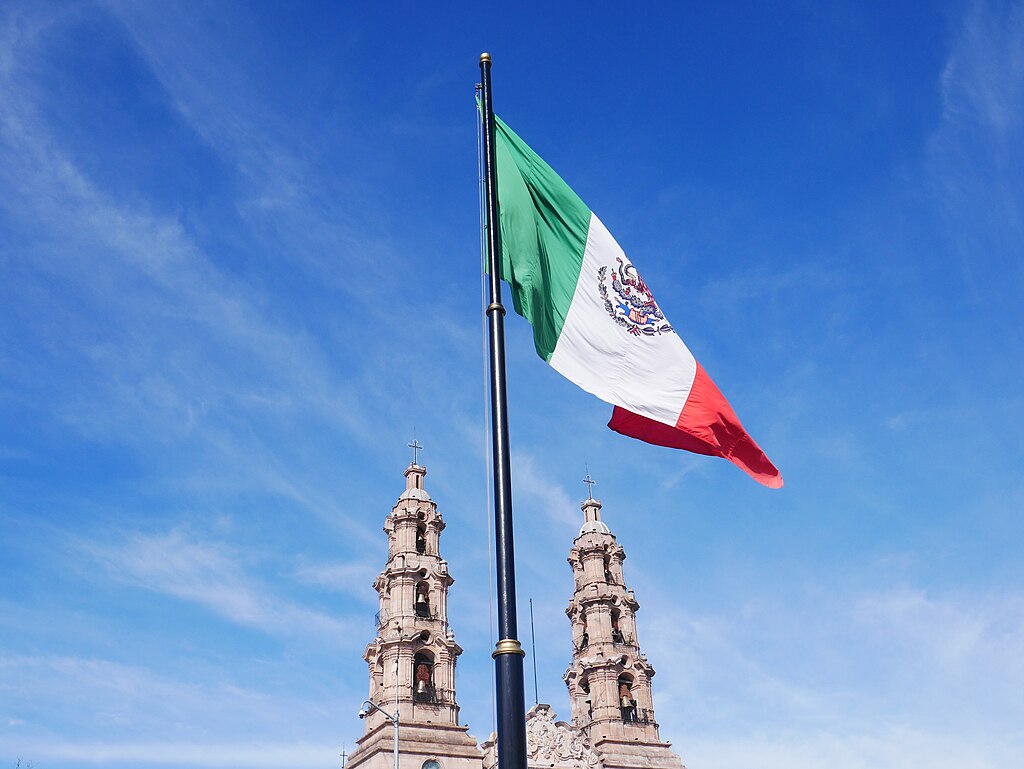Germany Tightens Border Controls Amid Migration Concerns
Germany's new border controls aim at curbing irregular migration, sparking debates over EU's Schengen free travel regime and security measures.
Published September 17, 2024 - 00:09am

Image recovered from rtl.de
Chancellor Olaf Scholz has vigorously defended Germany's decision to extend border controls amid increasing concerns over irregular migration. At a recent event in Brandenburg, Scholz stated, Irregular migration is not what we want, emphasizing the need to scrutinize more carefully who has the right to enter the country. Scholz reiterated that adherence to European law remains a priority.
German police unions, however, have expressed dissatisfaction with the newly introduced spot checks at the nation's nine national borders, calling it impossible to implement. This initiative aims to crack down on irregular migration shortly before a critical state election, where the far-right Alternative for Germany (AfD) appears poised for another victory. Many of these new controls impact borders with Belgium, France, Luxembourg, Denmark, and the Netherlands, in addition to pre-existing checks on borders with Poland, the Czech Republic, and Switzerland. Interior Minister Nancy Faeser justified these measures by citing security risks tied to Islamist terrorism and concerns about solidarity efforts of communities needing to house and sustain the influx of migrants.
Monday's announcement from the German government marks the most significant challenge to the EU's Schengen free travel regime since its inception in 1995. Federal police have assured that they will act flexibly, based on the situation on the ground. However, concerns arise from neighboring countries, many of whom claim they were informed about these measures only via the media. Scholz retorted to these criticisms by highlighting the failure of some neighboring countries to fulfill their commitments.
This shift in Germany's migration policy coincides with recent violent incidents, such as a knife attack last month by a Syrian national, which resulted in three fatalities. The suspect had applied for asylum initially in Bulgaria and later in Germany, raising questions about the integrity of the asylum system. German officials argue that the new control regime is crucial to prevent asylum shopping and ensure compliance until a pan-EU asylum system is adopted in 2026.
Spanish-language sources report that the new border checks began Monday morning, spanning Germany's borders with France, the Netherlands, Belgium, Luxembourg, and Denmark. These controls will last for six months, mirroring already existing controls on borders with Poland, the Czech Republic, Austria, and Switzerland. The controversial measures test EU unity as they impinge on the Schengen free movement area, a cornerstone of the EU's principle of allowing citizens to cross borders freely.
Germany's move came alongside recent far-right electoral successes, with the next state elections in Brandenburg looming. Recent events, such as a fatal knife attack in Solingen by an asylum seeker, which the suspect claimed was inspired by the Islamic State, have fueled demands for stricter border controls. These incidents have added urgency to Berlin's latest measures, aiming to ensure public safety amid heightened security concerns.
The border controls challenge the very fabric of the EU's Schengen Agreement, with EU officials underscoring that such controls should be strictly exceptional and proportionate. Critics argue that the rollback on open borders jeopardizes European unity and hinders the free movement of citizens for work or leisure, key benefits highly valued by Europeans.
From a geopolitical perspective, German Chancellor Olaf Scholz has faced considerable pressure from neighboring countries, particularly Hungary and Austria, regarding the newly implemented checks. Hungarian Prime Minister Viktor Orban even commented on social media, welcoming Scholz to the club of stringent migration policies. Austria's interior minister, on the other hand, voiced opposition against accepting migrants turned away by Germany. These tensions underscore the strain on EU solidarity due to unilateral actions by member states adjusting their migration and security policies amidst rising populism and security threats.
In a brief statement, the German Embassy clarified that the temporary border checks align with European Union laws and had been communicated to Schengen partners in advance. The primary goal of these measures is to ensure secure, orderly, and legal entry into Germany. The embassy stressed that these controls would target individuals without proper entry permits, aiming to prevent unauthorized entries.
The multi-faceted debate surrounding Germany's expanded border checks encapsulates broader dynamics of migration, security, and political strategy in Europe. It reflects the ongoing struggle to balance national security concerns with the principles of free movement and solidarity that form the bedrock of the European Union. While the new measures indicate a shift towards stricter controls, the response from various stakeholders, including police unions, neighboring nations, and EU officials, highlights the complexities and challenges of managing migration in a politically charged environment.







